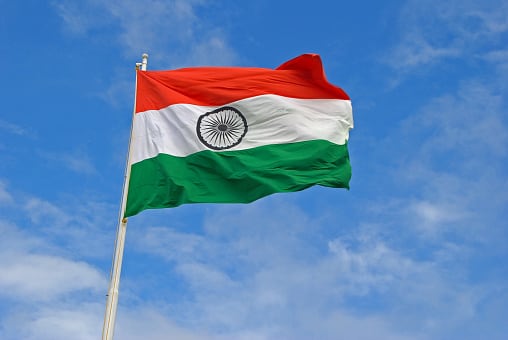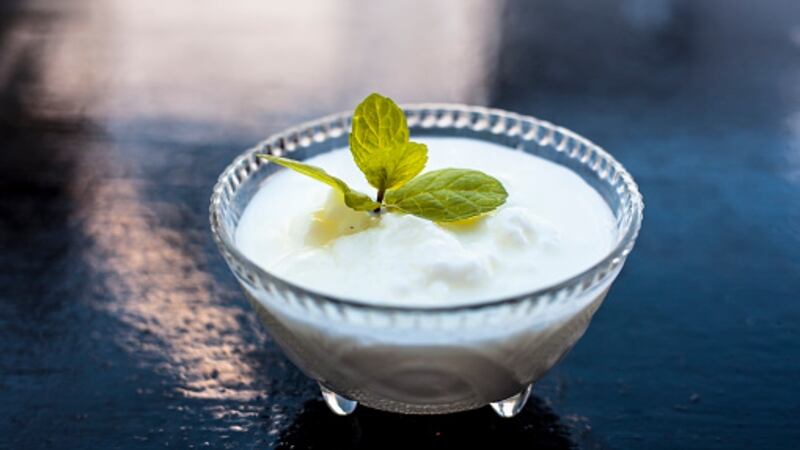Honey is one of the most adulterated food products in the country, with 10 out of 10 brands tested in 2019 found to be in violation of FSSAI standards. Adulterated honey is so prevalent that FSSAI has long urged consumers to take it upon themselves to test any honey they buy for added sugar and syrup, and provided a detailed guide to do so.
Adulteration with syrups is one of the most common forms of impure honey in the country, hence three of the major specific quality parameters that FSSAI first implemented for the sector (back in 2018) were focused on this: Specific Marker for Rice Syrup (SMR), Trace Marker for Rice Syrup (TMR), and foreign oligosaccharides.
This did not last long though - in 2019, FSSAI attempted to remove all three parameters via a set of new draft regulations without providing any official explanation for this move.
This drew widespread backlash from consumers and beekeepers in particular as this translated to legalising the marketing of syrup-mixed honey as pure honey by brands, without indicating the presence of syrups on the label, putting the actual honey farming sector at risk.
Comments on social media mostly called the move ‘bad news’ for the local honey industry as well as constituting ‘fraud on consumers’ - so much so that earlier this month, FSSAI acceded to bring back the SMR test as a necessary parameter to determine honey pureness
“FSSAI’s Scientific Panel on Methods of Sampling and Analysis has approved the method for detection of [the] Specific Marker for Rice Syrup (SMR) [and] all food testing laboratories are to use this method with immediate effect,” said FSSAI QA Advisor Kumar Anil.
However, no mention has been made of the other two tests which is concerning as SMR is more specific to rice syrups but not for most others, whereas foreign oligosaccharides can be a way to help detect syrups made from crops such as corn, sugar cane and sugar beet.
FoodNavigator-Asia has contacted FSSAI for comment on why the TMR and oligosaccharides tests have not been reinstated, but the agency has not provided comment as of time of publishing.
Importers to make sure syrups don’t fall into wrong hands
Around the same time, FSSAI also issued an order to importers of golden (made from sugar cane/sugar beet), invert sugar (glucose and fructose) and rice syrups decreeing that these importers were responsible for making sure the syrups were not used in honey adulteration.
“Golden syrup/Invert Sugar Syrup/Rice Syrup are sometimes being used in production of Honey (sic) being cheaper in cost and due to having similar physical properties and easy availability,” said FSSAI Director of Imports Dr Amit Sharma who issued the order.
“Hence to ensure quality of honey and to contain the misuse of [these imported syrups] in production of honey, all the importers/food business operators who are importing these food items in India are directed to submit documents [to the Authorised FSSAI Officer].
“[These documents will contain] details of the manufacturer(s) with end use to whom the aforesaid imported food items will be supplied, [and must] be submitted at the scrutiny stage prior to customs clearance.”
Importers who fail to submit these documents or truthfully name the end-user manufacturers receiving the syrups will not be able to get their syrup shipments cleared through customs.
Food safety index winners – is food really safe?
Earlier this year, FSSAI announced the results of its latest State Food Safety Index, naming Gujarat as the top-ranking state (amongst larger states) in terms of food safety, followed by Tamil Nadu and Maharashtra.
The index rated states based on human resources, compliance, food testing infrastructure and surveillance, training and capacity building and consumer empowerment.
Gujarat scored a total of 78.25 out of 100 points and was the only one to score above 75 and be given a green rating as a ‘leading state’ – Tamil Nadu and Maharashtra scored 74.9 and 72.75 points respectively, and were given yellow ratings as ‘average states that are catching up’.
Of the smaller states, Goa was the only green-rated state at 83.5 points, and of the Union Territories (UTs) Chandigarh and Delhi scored 73 and 68 points respectively to earn yellow ratings.
FSSAI has often been quick to announce that food and beverage adulteration in the country is overblown, and highlight positive results such as with this index - but caution is still needed when interpreting these results and drawing overly positive conclusions here.
For instance, several of these top-ranked states are the exact ones that have previously been reported to display high rates of adulteration, such as Tamil Nadu for adulterated oil last year, as well as Delhi and Maharashtra for adulterated milk earlier this year.
In addition, of all the 36 states and UTs analysed, 22 of these were red-rated as ‘weak states’, scoring below 60% and declared to ‘need a push’ according to FSSAI.





